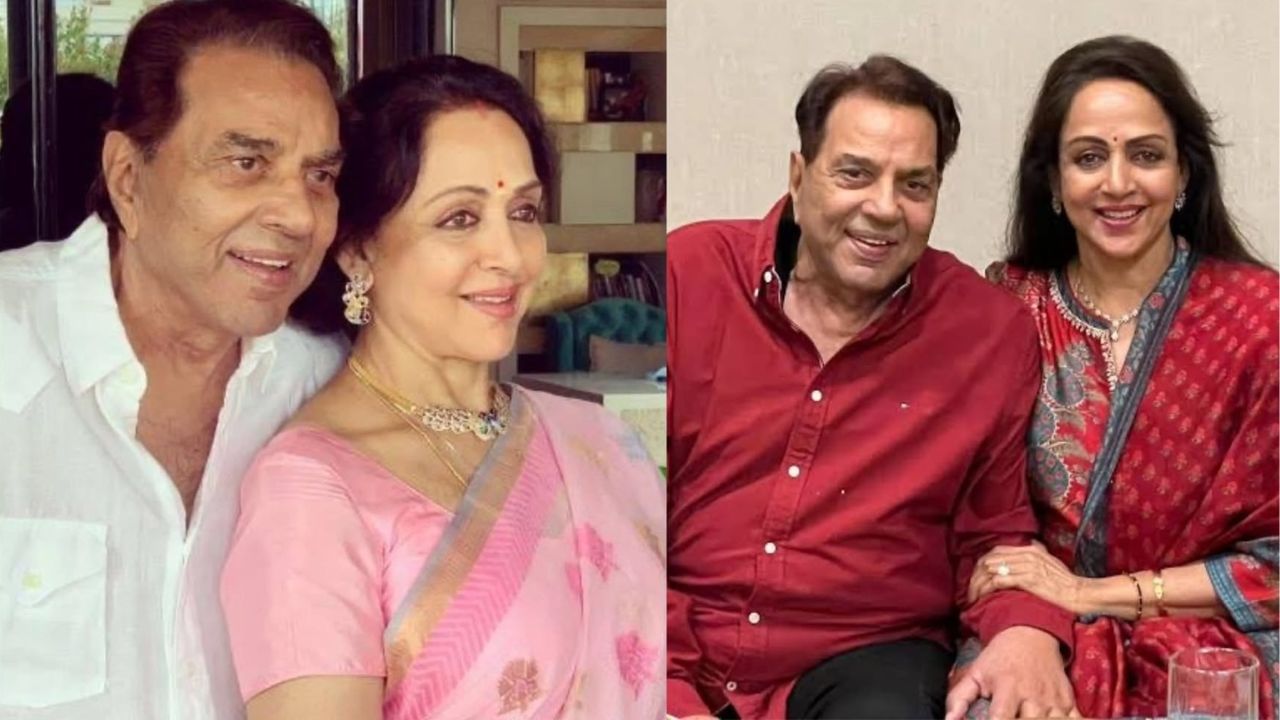Dharmendra and Hema Malini
The country lost one of its great stars today. Dharmendra, who made his own identity in the film world, left us. He breathed his last on 24 November in Mumbai at the age of 89. Dharmendra had reached heights not only in the film world. In fact, he also tried his hand in politics. He has been a Lok Sabha MP from 2004 to 2009 on Bharatiya Janata Party ticket. Amidst all this, he remained in the news for his personal life also. He married twice. First from Prakash Kaur and second from actress Hema Malini. This matter is also being discussed after his death. Who will get his MP’s pension? Which wife will have legal right on pension? Let us understand this in detail. Understand the intricacies of legal stakes.
According to pension rules, pension of a former MP is available only to the wife whose marriage is legally valid. That means only the wife whose marriage is considered valid in the eyes of law is entitled. But in the case of Dharmendra it is a bit opposite. Because he married Hema Malini for the second time without divorcing his first wife Prakash Kaur. Both his wives are still alive. Now the question becomes which wife is considered legitimate by the law.
Who is entitled to pension?
Under the Hindu Marriage Act 1955, it is illegal to marry a second wife while the first wife is alive and without divorcing her. Therefore such marriage is not legally valid. For this reason, only his first wife Prakash Kaur will get the right to Dharmendra’s pension. Even though both marriages are socially accepted, from the legal point of view only the first marriage is valid.
What does the rule of distribution say?
There is a provision in the CCS (Central Civil Services) rules related to MP pension that if a person has two legal wives then the pension is divided equally. But this rule will not apply in Dharmendra’s case, because his second marriage is not considered legally valid. The first marriage took place under the Hindu Marriage Act and there was no divorce, hence only Prakash Kaur will have the full right to pension.
